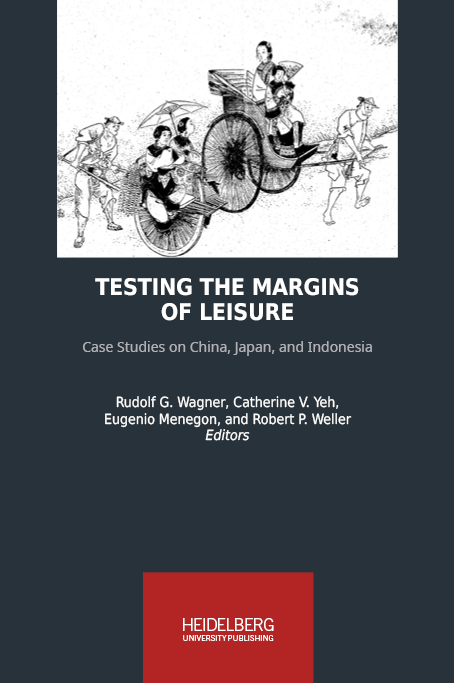Zitationsvorschlag
Lizenz (Kapitel)

Dieses Werk steht unter der Lizenz Creative Commons Namensnennung - Weitergabe unter gleichen Bedingungen 4.0 International.
Identifier (Buch)
Veröffentlicht
Leisure, Ritual, and Choice in Modern Chinese Societies
Abstract Leisure in China before the twentieth century differed significantly from ritual. By the late twentieth century, however, much Chinese religiosity has increasingly come to resemble leisure—maintaining its separate subjunctive worlds with their different spaces, times, and rules, but approaching leisure much more closely in the new predominance of personal and voluntary motivations. It is not so much that religion has become a kind of leisure in people’s minds, but rather that both frames have been subject to the broad changes of the twentieth century that have caused them to develop in similar directions. Specifically, the increasingly influential trope of modernity, which certainly included the introduction of a globalizing leisure frame, has led to the new convergence between ritual and leisure. Much of the resulting similarity, I will suggest, stems from a reconceptualization of the ritual sphere as something voluntary and thus increasingly like leisure.
Keywords ritual, China, framing, gift-giving, gender, voluntary choice






